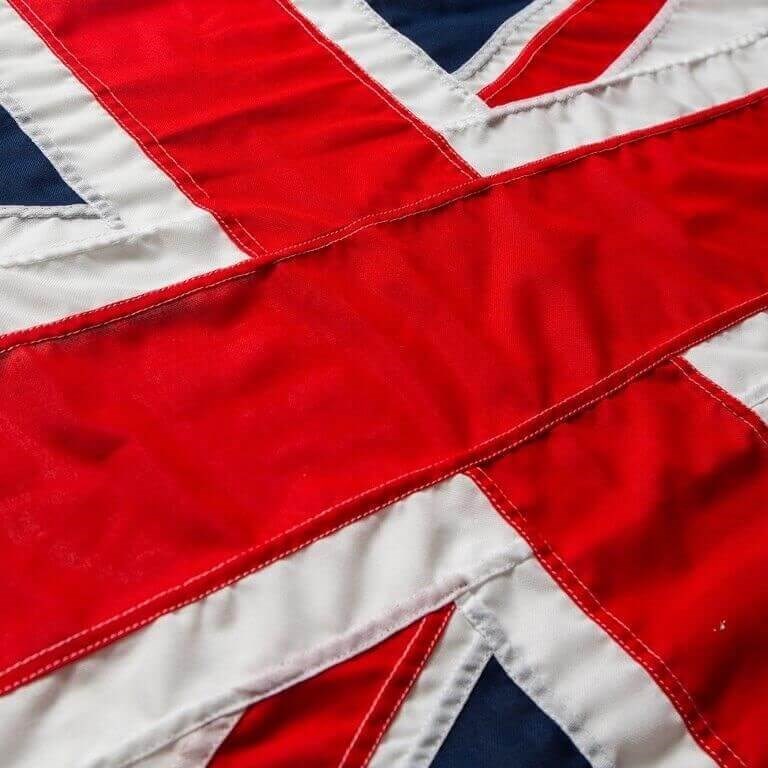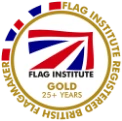All of our printed Lebanon flags are produced by a process called Dye Sublimation. The system drenches each fibre of the fabric, resulting in a flag with wonderful precise colour, and vitally the design appears perfectly on each side. This is known as ‘printed through to reverse’ and is an important consideration when choosing your flag as both sides will be seen when flying.
Trivia
Technical Specifications
| Adopted |
|
|
|---|---|---|
| Proportion | 2:3 | |
| Design |
|
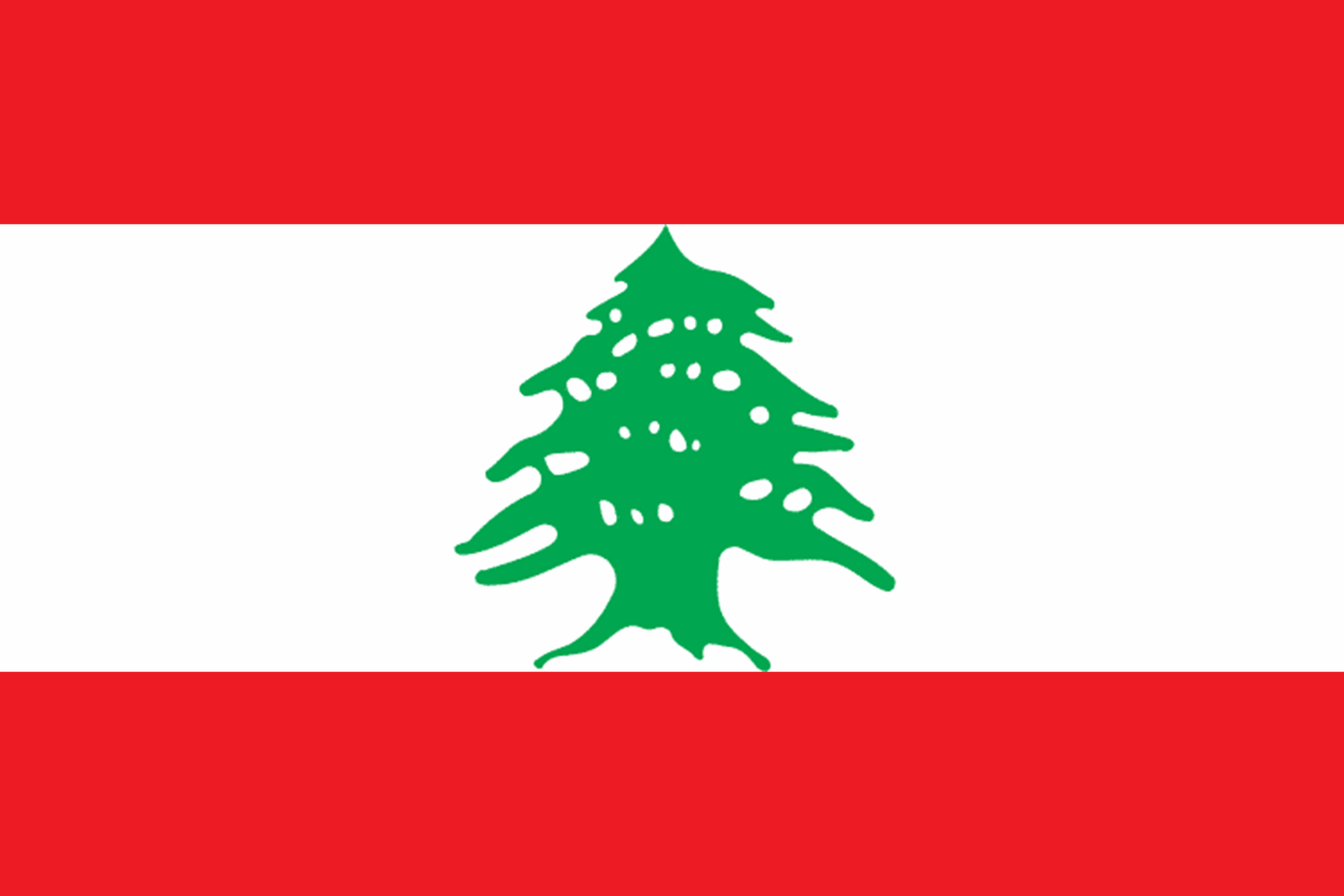
Brief History
During the Phoenician era, between 3000 BC – 200 AD, the main flag was the blue-red bicolour flag. In 200 AD the main flag was that of the Tanukh tribe. A white-blue-yellow-red-green vertical banded flag.
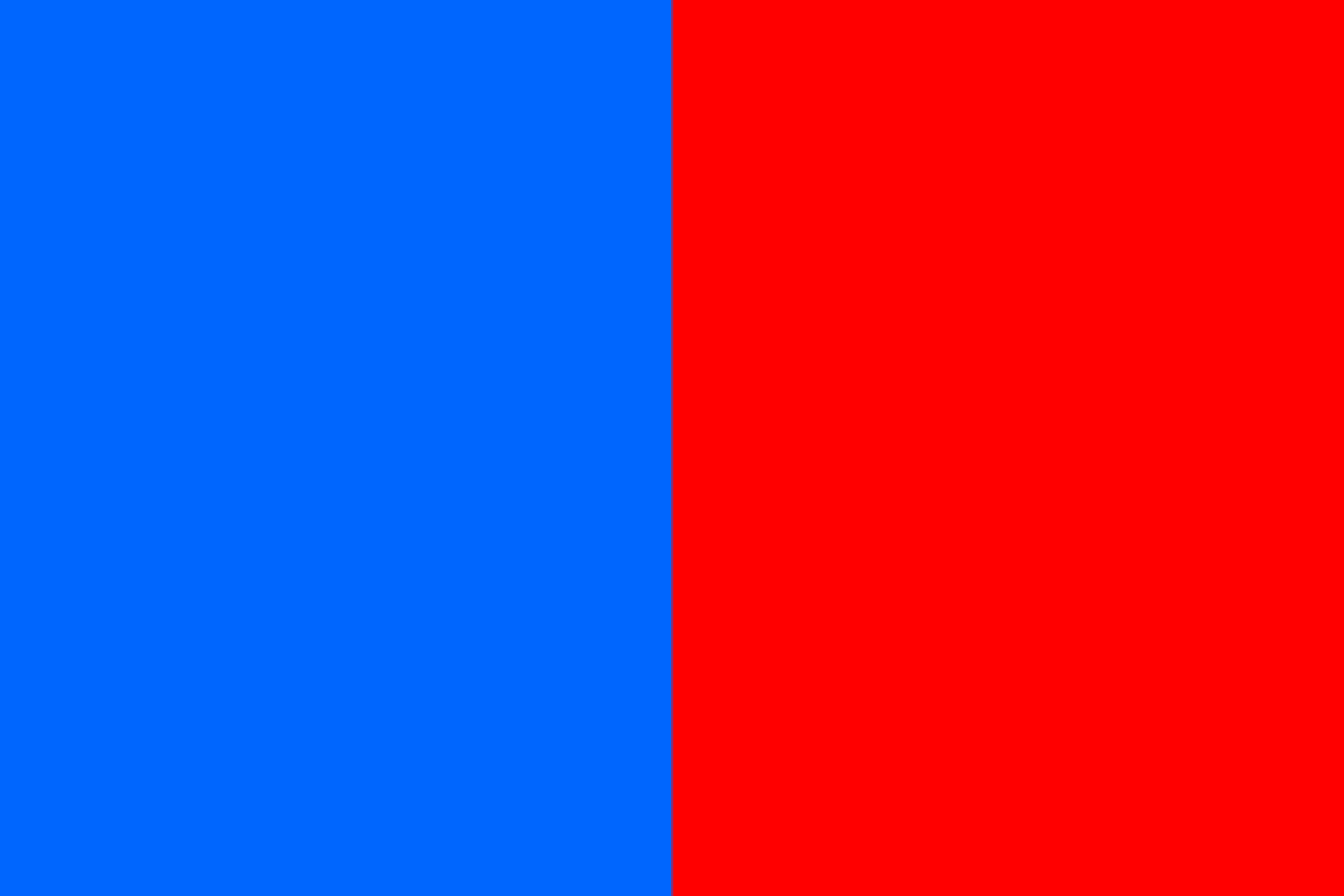
The Flag of the Phoenician Era (3000BC – 200AD)
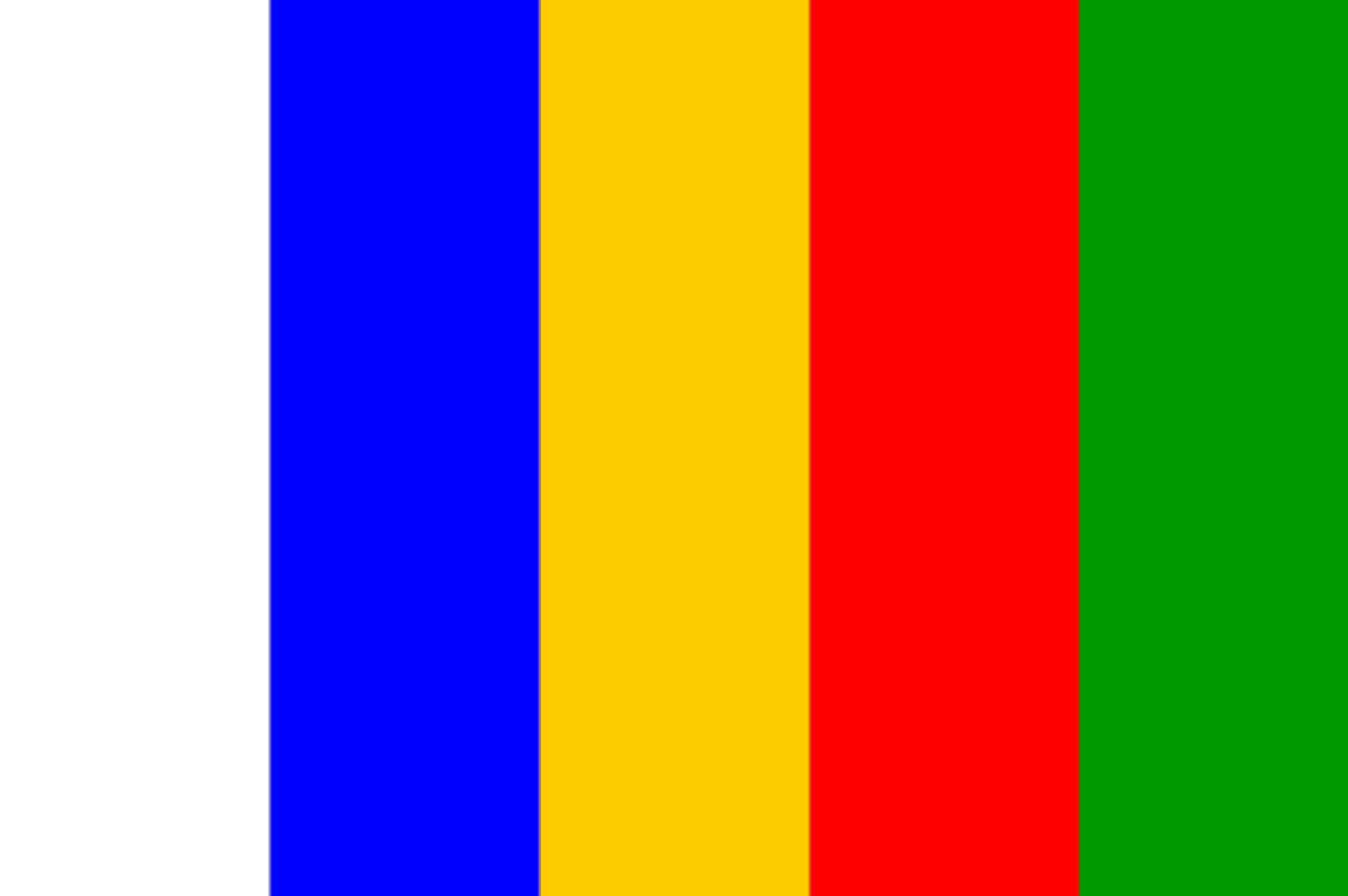
The Flag of the Tanukh People (200 AD – 400 AD)
In 750 a plain black flag was adopted under the control of the Abbasid Caliphate. Part of Lebanon was part of the Kingdom of Jerusalem from 1099 and had a flag made of a white field with a large gold cross and three smaller crosses.

The Flag of the Abbasid Caliphate (750 – 1258)
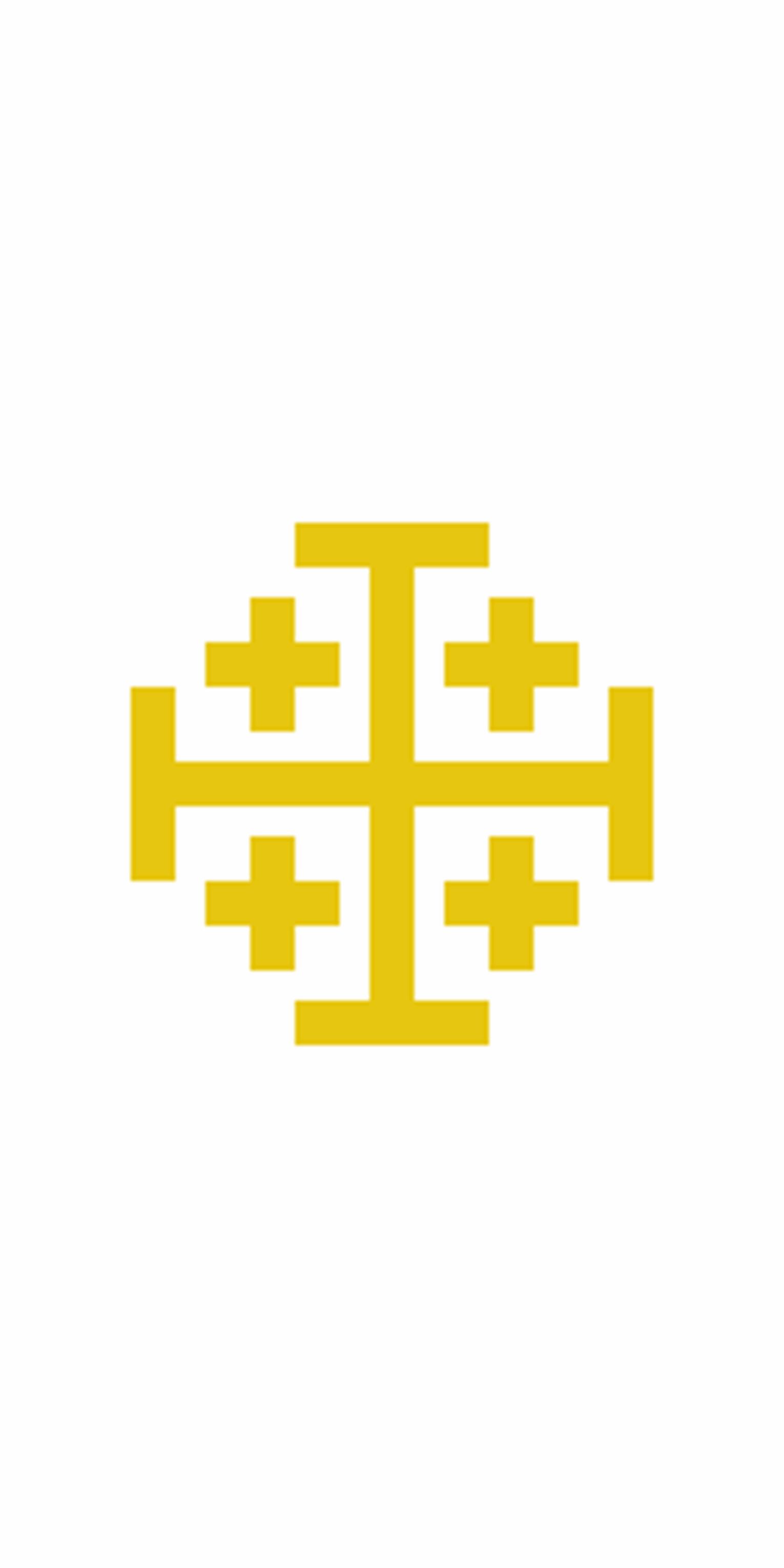
The Flag of the Kingdom of Jerusalem (1099 – 1291)
Between 1119 and 1697 part of Lebanon were controlled by the Banu Ma’an tribe. The flag was a white-red diagonal bicolour with laurel wreath. In 1282 the Ayyubid Dynasty had some control adopting a plain yellow field.
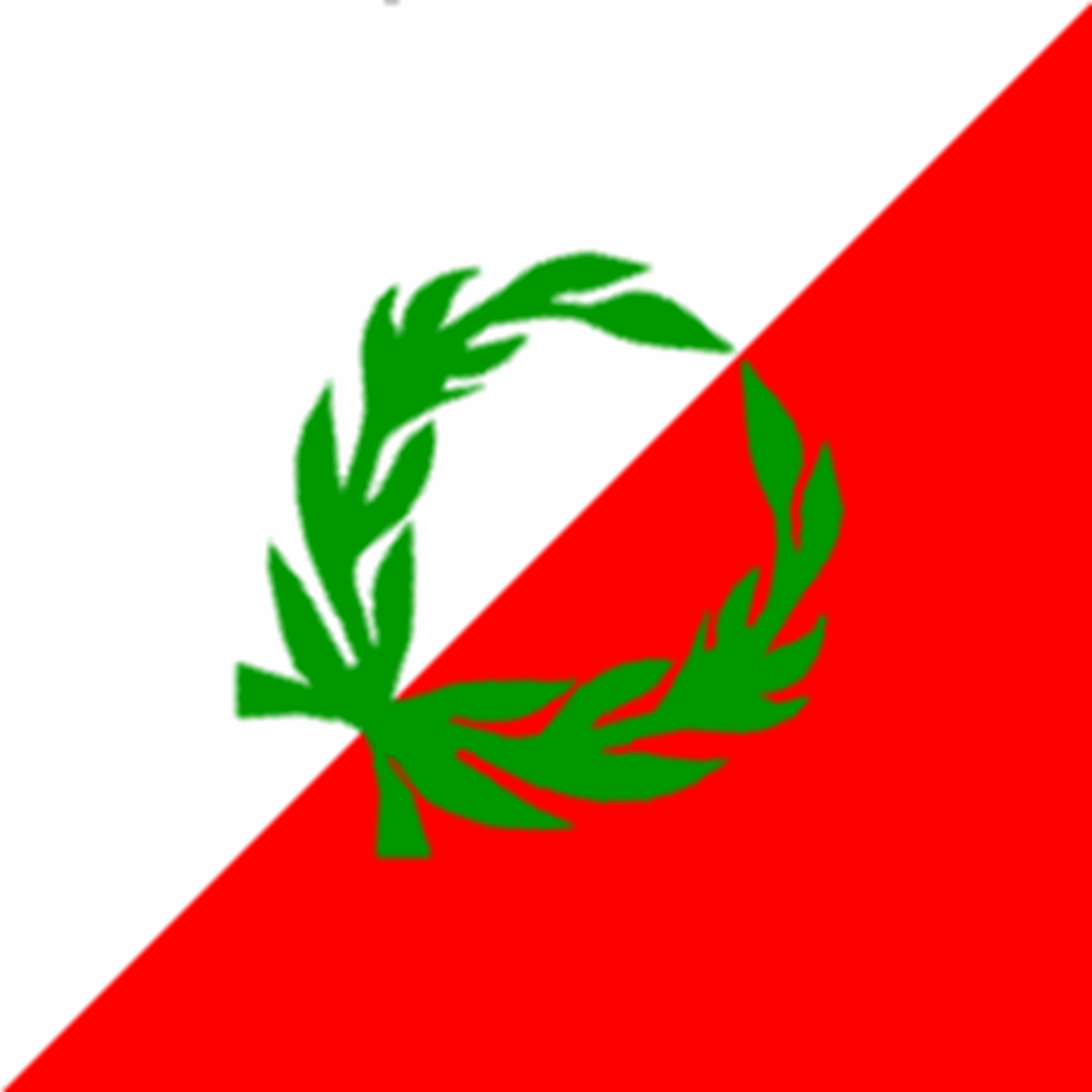
The Flag of the Maanid Emirate (1119 – 1697)
The Flag of the Mamluk Sultanate (1282 – 1516)
The Mamluk Sultanate had control of the area from 1250 and used a flag featuring a Egyptian yellow field with left facing crescent moon. From 1697 the flag of the Chehab Empire adopted a plain blue field with right facing crescent moon.
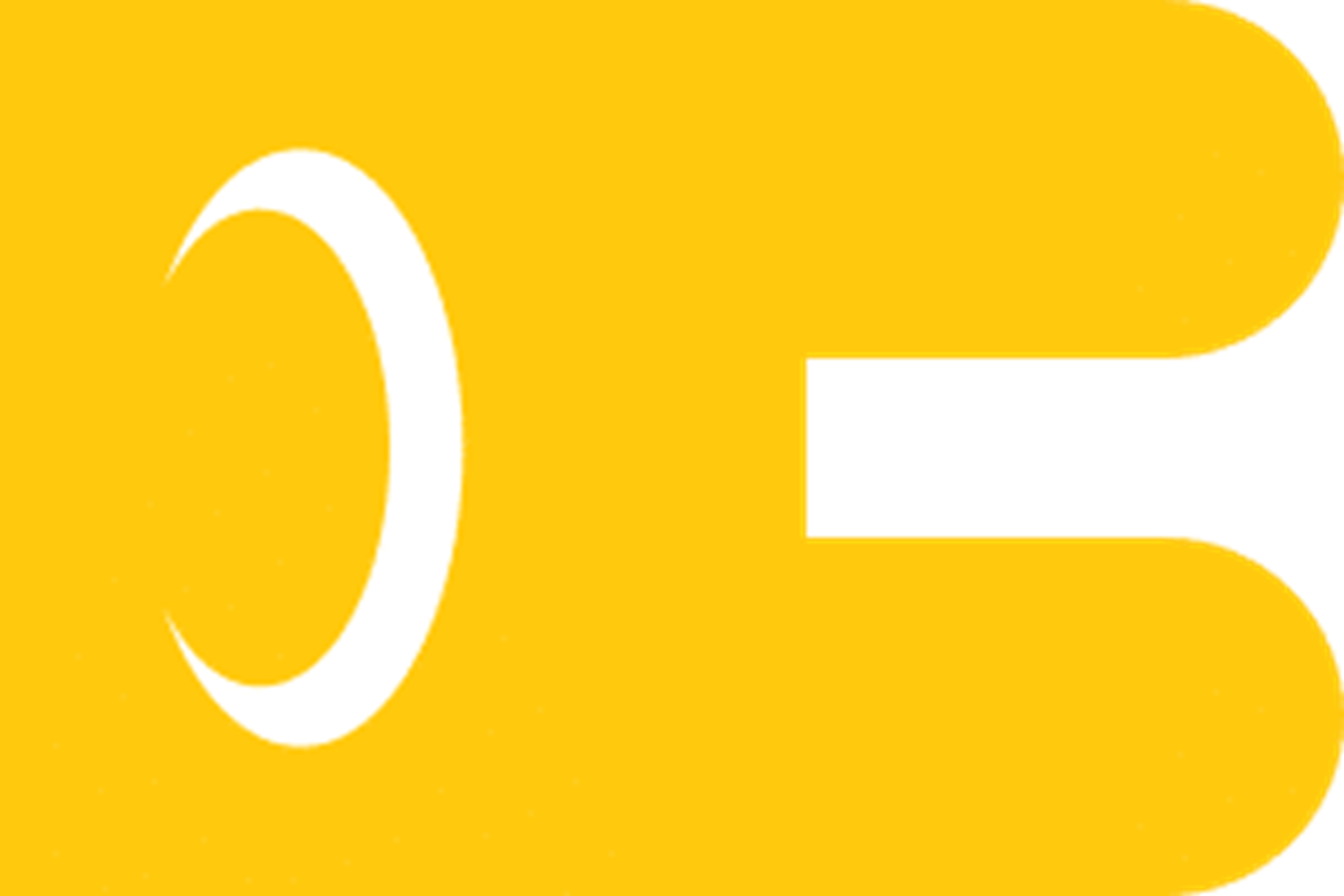
The Flag of the Mamluk Sultanate (1250 – 1517)
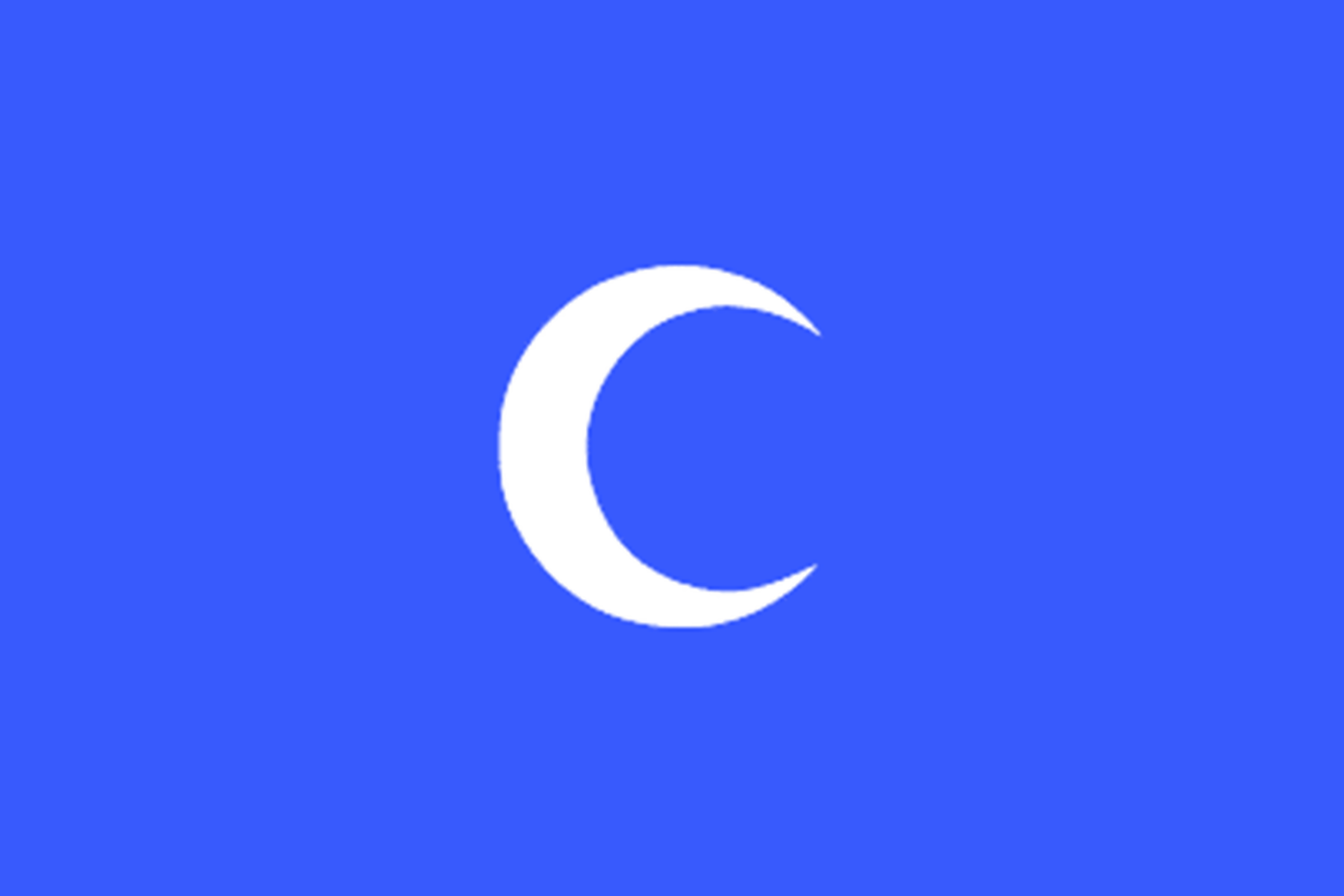
The Flag of the Chehab Emirate (1697 – 1842)
The Ottoman Empire ruled Lebanon between 1516 and 1918. The flag features a red field with white crescent moon and five-pointed star. After the fall of the Lebanon Empire there was a new flag adopted featuring a white field with a green Lebanon Cedar tree in the centre.
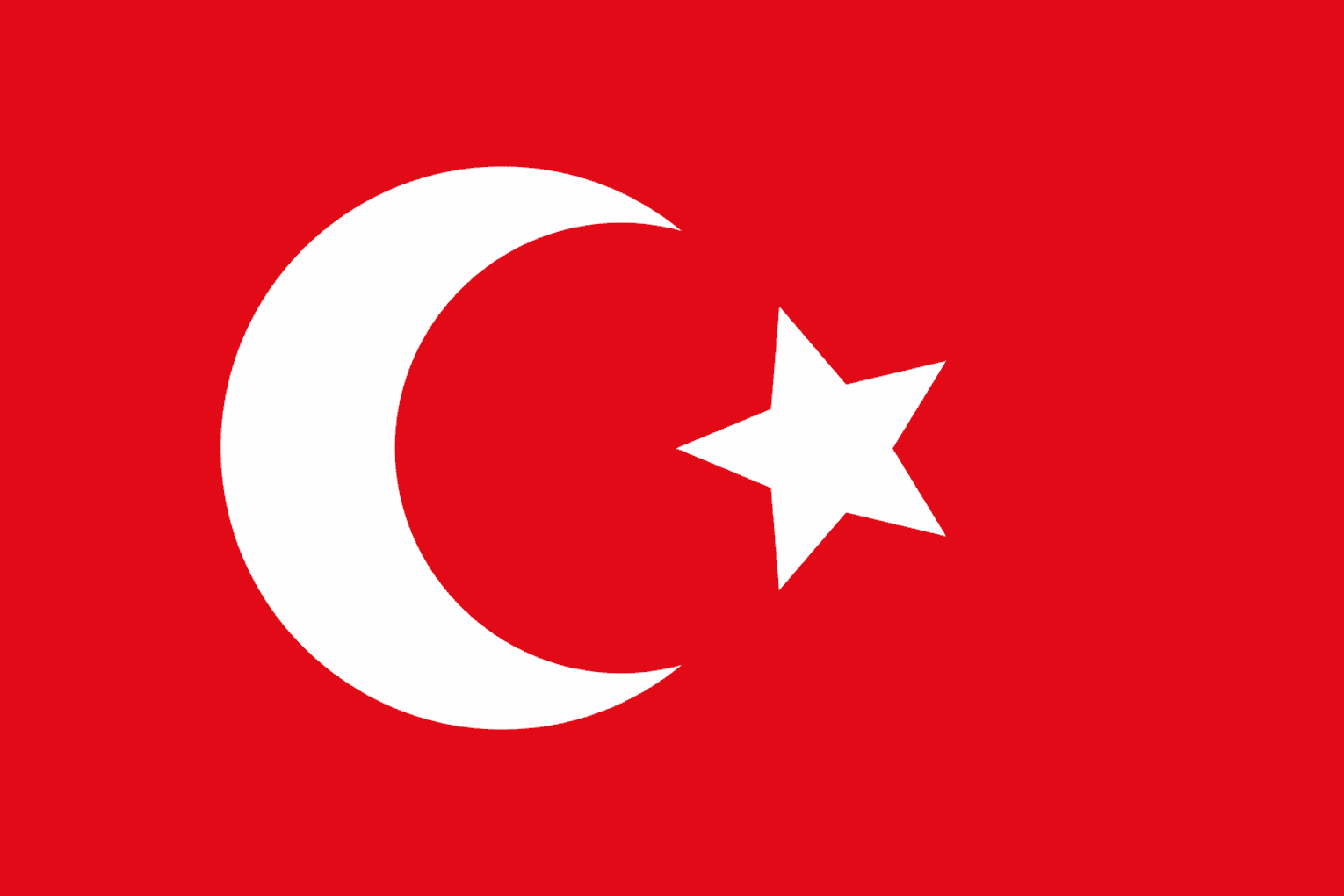
The Flag of the Ottoman Empire (1516 – 1918)
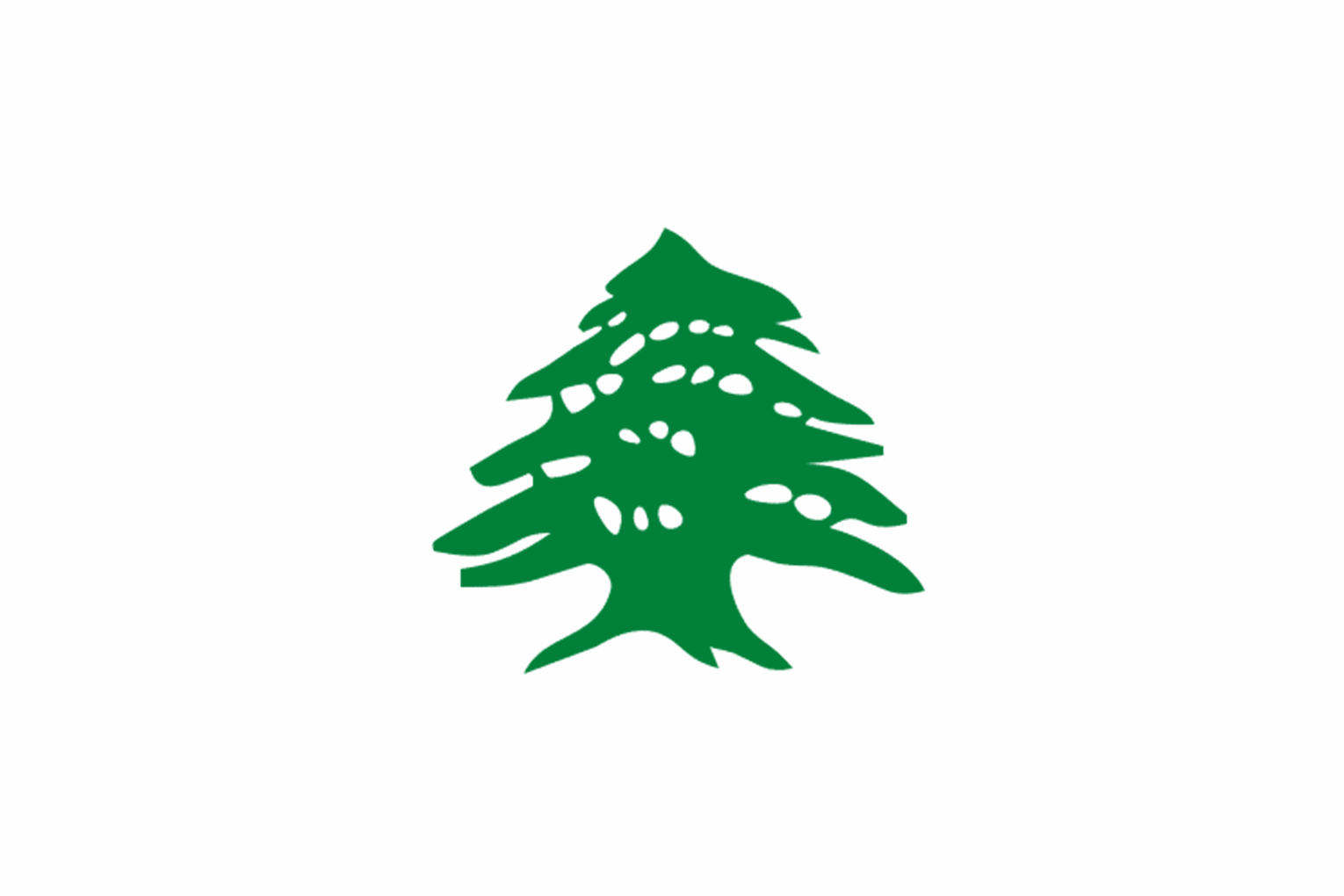
The Flag of Lebanon (1918-1920)
In 1920 the French took control of Lebanon. They adopted three flags featuring a blue, white, red vertical tricolour with a green cedar tree, one with a black cedar tree and one with green leaves and a brown stem.
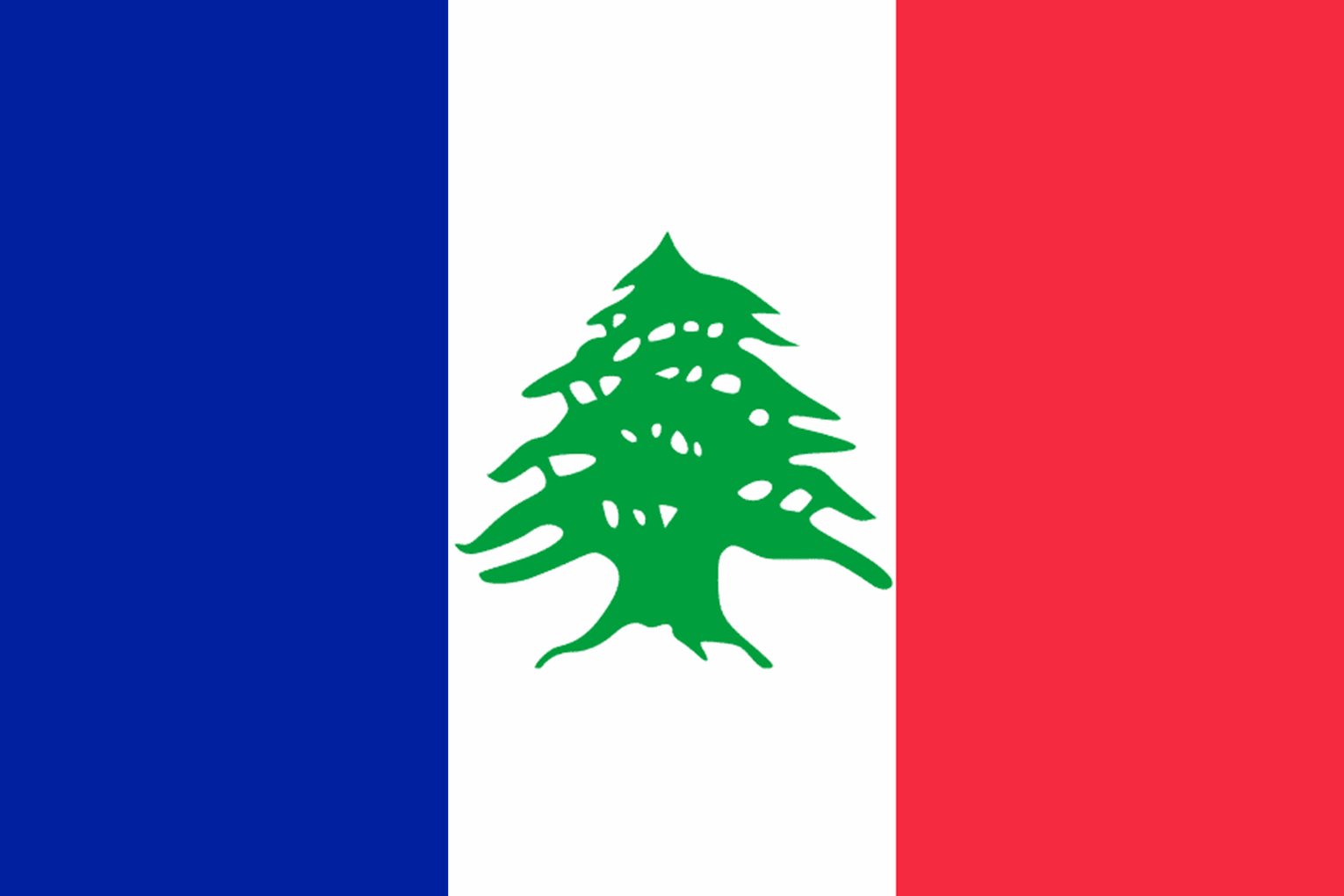
The Flag of the State of Greater Lebanon (1920 – 1943)
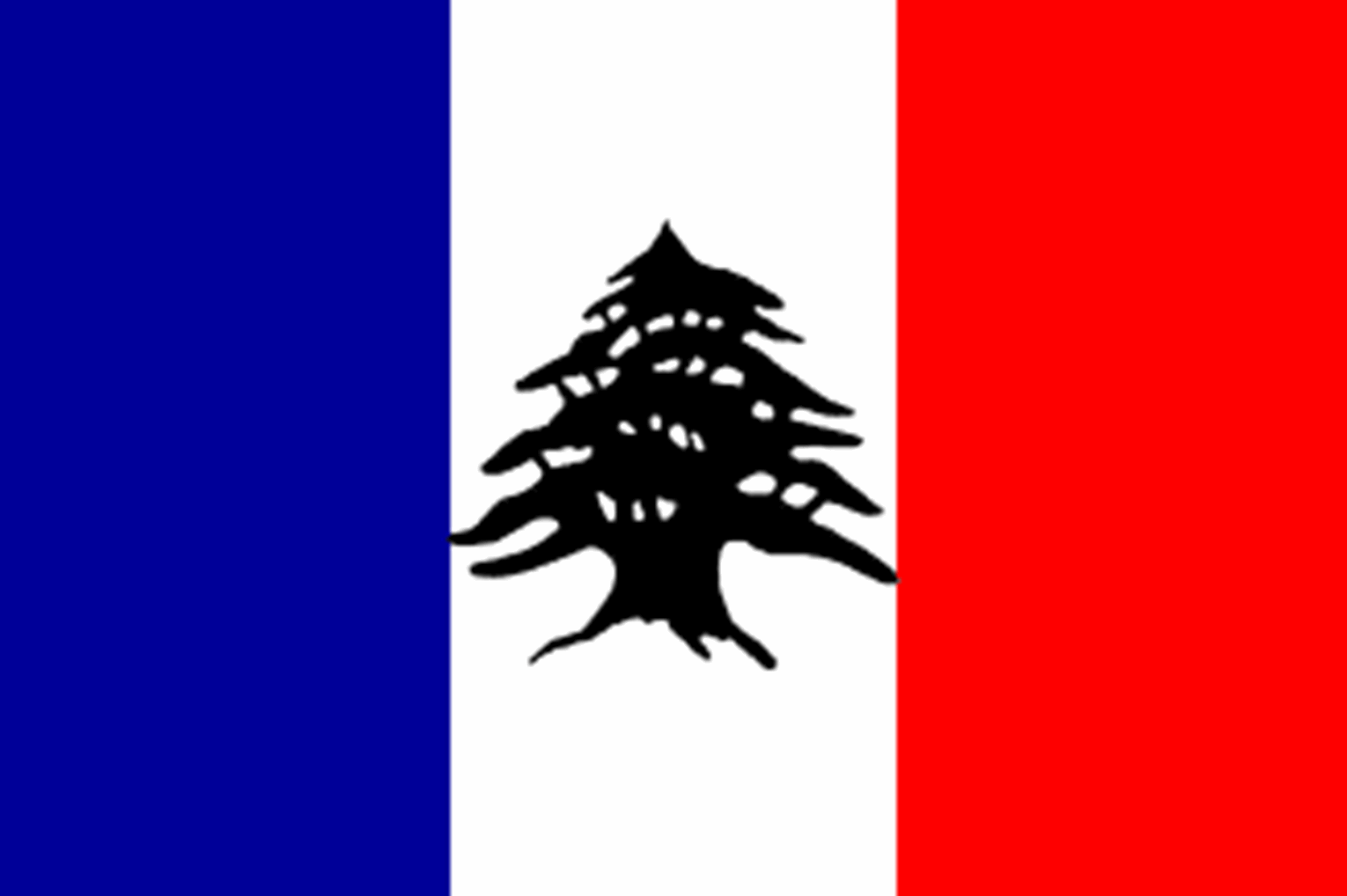
The Flag of the State of Greater Lebanon (1920 -1943)
In 1943 Lebanon gained independence and adopted a flag made up of a white field with two horizontal red stripes at the top and bottom with a green cedar tree in the centre. The red represent the blood shed and white represents purity and peace. The cedar represents the bible.
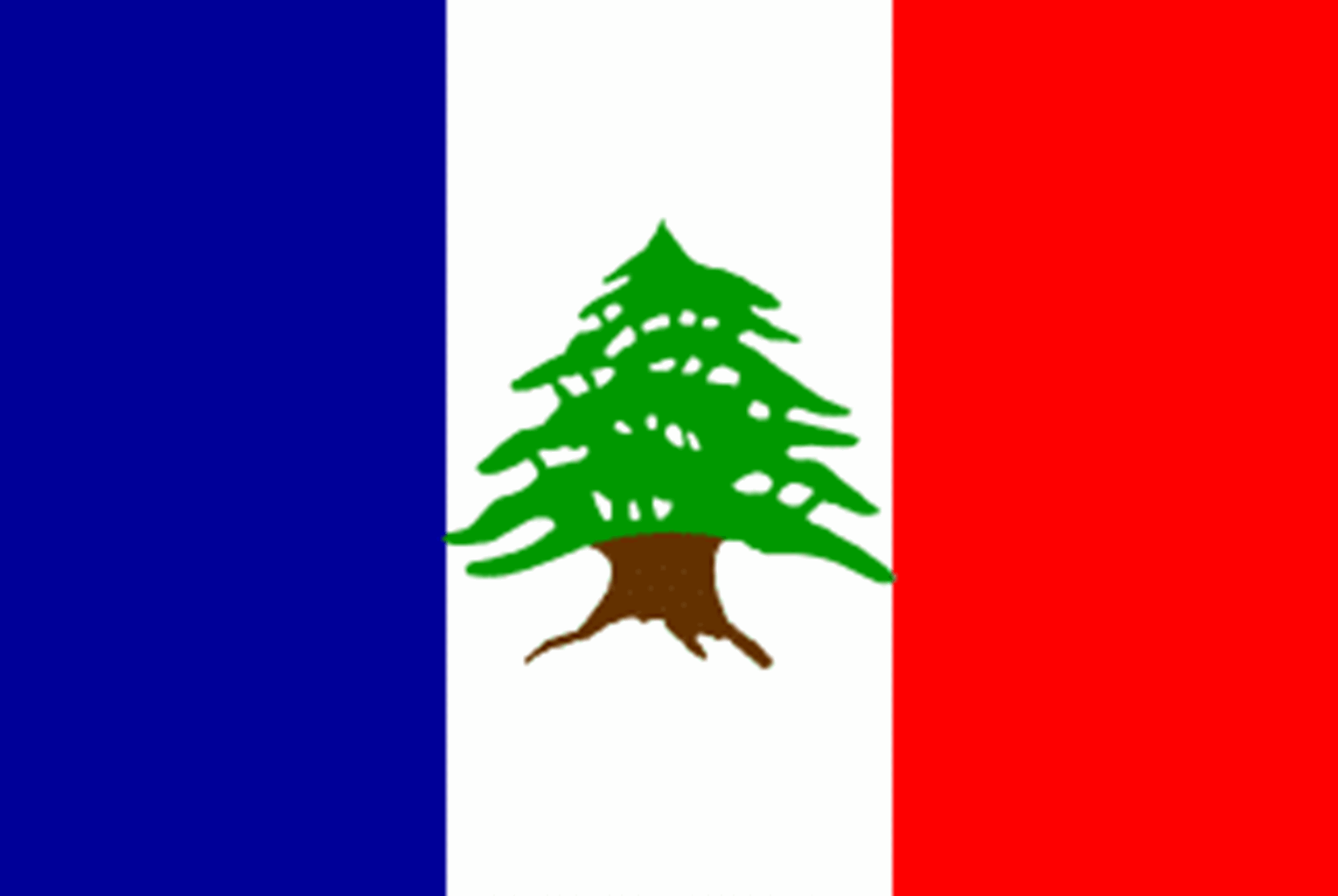
The Flag of the State of Greater Lebanon (1920 – 1943)

The Flag of Lebanon (1943 to Present Day)
The Coat of Arms of Lebanon
The Coat of Arms of Lebanon was a shield made up of a red-white-red horizontal field with the cedar tree at the centre.
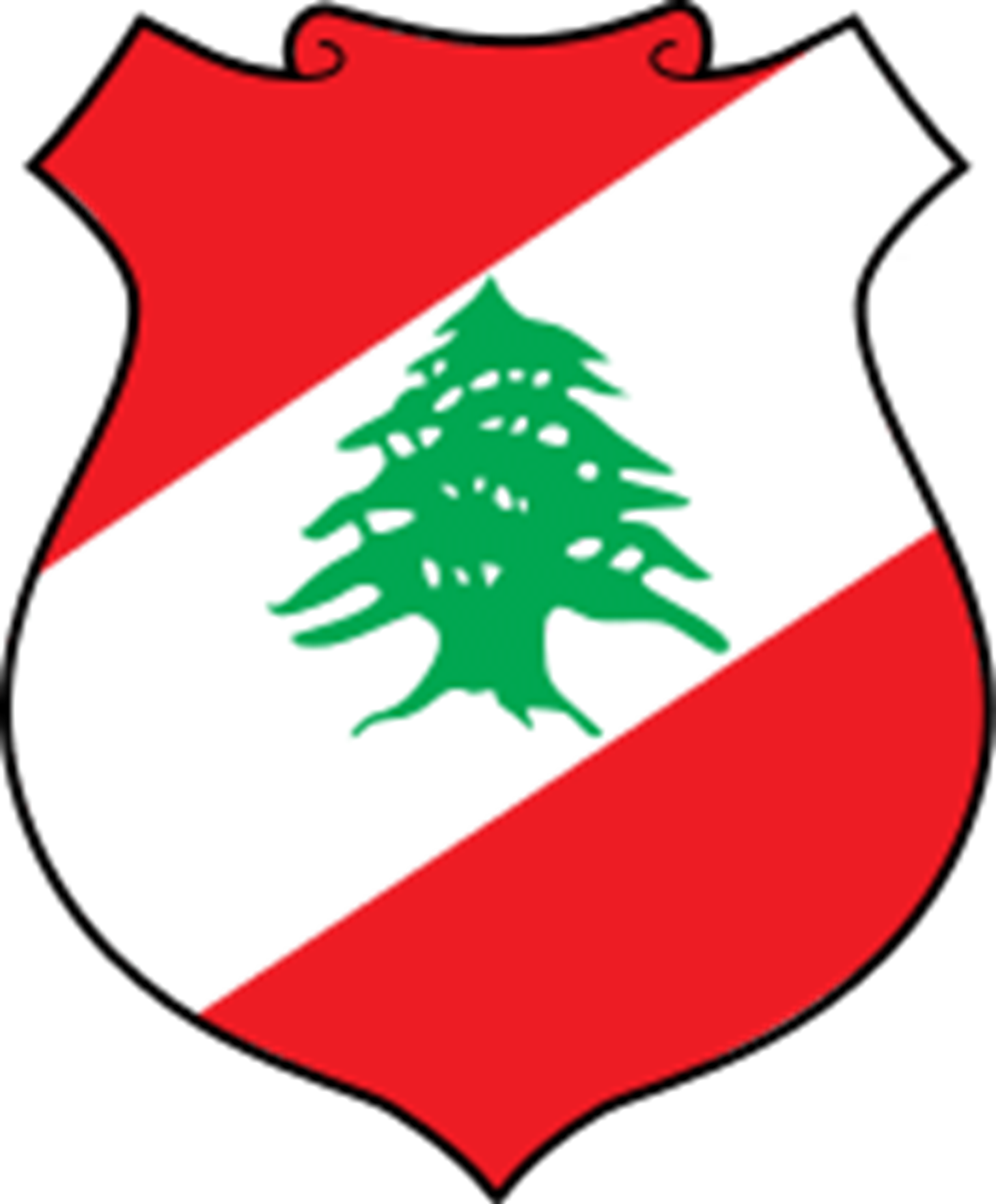
The Military Flags of Lebanon
The Flag of the Lebanese Armed Forces is a white-red diagonal bicolour with coat of arms featuring crossed swords, cedar, anchor and wings in the centre.
The First Flag of the Lebanese Army is a red-white-red horizontal triband flag with cedar tree in the centre.
The Flag of the Lebanese Navy is a plain white field with anchor and ancient ship in the centre.
The Flag of the Multinational Force in Lebanon
The Flag of the Multinational Force in Lebanon is the flag of United Nations. It features a sky blue field with a map of the world inside two laurel branches
It was originally flown as part of an international peacekeeping mission in Lebanon in 1982.
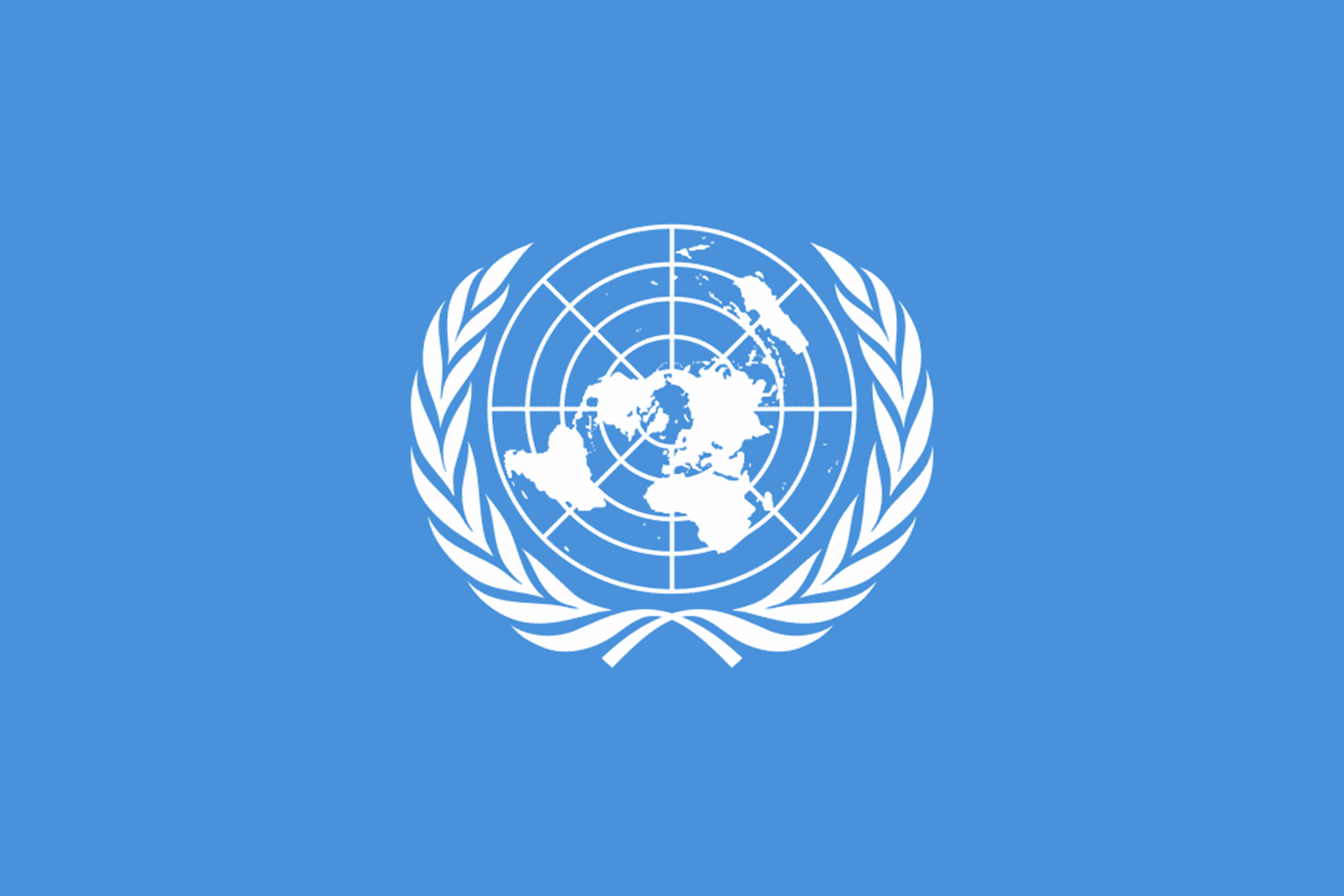
Useful Links
Download Our Brochure
Download our electronic brochure to check out the full range of products we can supply you with.
Download NowContact Us
See a flag you like? We can manufacture any flag design in any size, speak to one of our experts to find out more.
Contact Us
